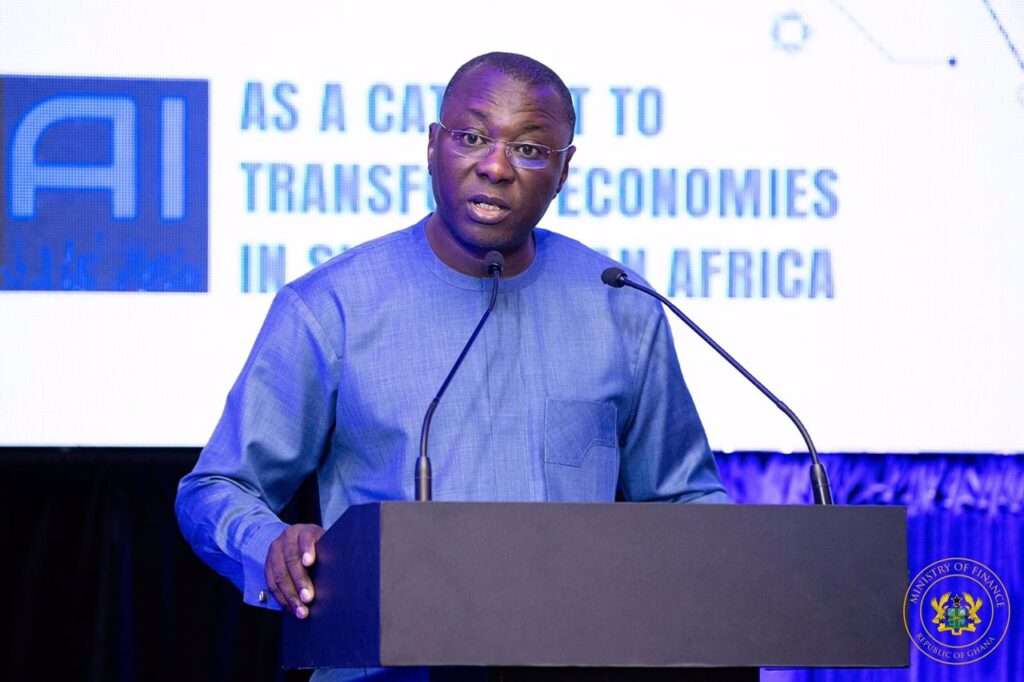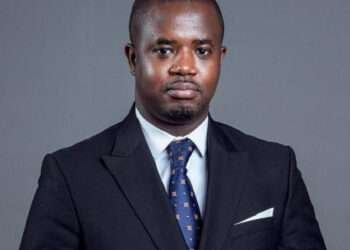Professor Lord Mensah, a renowned Financial Economist at the University of Ghana Business School, has expressed high expectations for a reduced budget deficit in Ghana’s upcoming first-quarter budget for 2025.
Speaking in an interview, Prof. Mensah emphasized the critical need for fiscal discipline to sustain the economic progress achieved under the International Monetary Fund (IMF) programme.
“We entered this election cycle under an IMF programme, and the rules and guidelines established by the Fund have been crucial in guiding our fiscal decisions.
“I expect the government to remain aligned with the IMF’s directives, particularly in the first quarter, as we transition between administrations.”
Professor Lord Mensah, Financial Economist
The IMF’s framework, which has heavily influenced Ghana’s fiscal policies in recent years, will likely shape expenditure priorities for the early months of 2025.
Prof. Mensah underscored that the first-quarter budget would be a litmus test for the government’s commitment to adhering to the Fund’s guidelines while navigating the country’s complex post-election landscape.
The anticipated 2025 Q1 budget, to be presented by Finance Minister Dr. Mohammed Amin Adam, has faced delays, with the presentation originally slated for December 16 being postponed.
The deferment has been attributed to Ghana’s ongoing post-election transition process, which has required extensive engagements between the current administration and the incoming National Democratic Congress (NDC) transition team.
Minister for Parliamentary Affairs, Osei Kyei-Mensah-Bonsu, explained that the Finance Minister’s participation in these transition discussions had created overlaps in responsibilities, resulting in the delay.
“The Finance Minister has been occupied with transition discussions, but the Appropriation Bill will be ready for submission by week’s end,” Kyei-Mensah-Bonsu confirmed.
Once presented, the Appropriation Bill will undergo scrutiny by the Finance Committee before being debated and passed in Parliament.
The bill will provide the financial framework for government operations from January to March 2025, ensuring that the incoming NDC administration has the necessary resources to maintain essential services, manage the economy, and address fiscal imbalances in the early stages of its tenure.
Critiques Government’s Economic Narrative

Beyond the budget specifics, Prof. Mensah has raised concerns about the economic narrative propagated by the outgoing government.
During his interview, he critiqued what he described as “propaganda” surrounding the government’s economic performance, arguing that such messaging risks undermining public trust in Ghana’s economic data.
He particularly questioned the government’s celebration of a reported 7.2% GDP growth for the third quarter of 2024, driven primarily by the industrial sector.
While acknowledging the figure’s significance, Prof. Mensah noted that it does not necessarily translate into sustainable well-being for the broader population.
“The reported growth is notable, but we must interrogate whether it reflects the true economic conditions.
“For instance, reduced cement bag sales, which are often a leading indicator for growth in sectors like mining and quarrying, suggest that the robustness of the growth figures should be questioned.”
Professor Lord Mensah, Financial Economist
Prof. Mensah further criticized the government’s reliance on short-term financial instruments, such as treasury bills, which he argued are more beneficial to banks than to the broader economy.
He urged the incoming administration to pivot towards long-term investments that could drive enduring economic transformation.
According to Prof. Mensah, Ghana’s current economic strategy, which prioritizes short-term fiscal gains, risks missing opportunities for structural reforms that could lay the groundwork for sustained growth.
Professor Mensah noted that the government’s adherence to these guidelines would be essential to avoid derailing the progress made thus far.
“The IMF’s involvement has provided Ghana with a fiscal compass, ensuring that resources are allocated efficiently and that economic stability is preserved during the political transition,” he explained.
Ghana’s 2025 Q1 budget is shaping up to be a defining moment in the country’s economic trajectory.
With stringent fiscal discipline, adherence to IMF guidelines, and a clear focus on long-term growth, the incoming administration has an opportunity to build on the gains achieved under the outgoing government.
However, as Professor Lord Mensah’s critiques highlighted, the road ahead will require careful navigation of economic realities, transparent governance, and a commitment to sustainable development.
READ ALSO: Mercy Little Smith of Efiewura Fame Reportedly Passes On





















